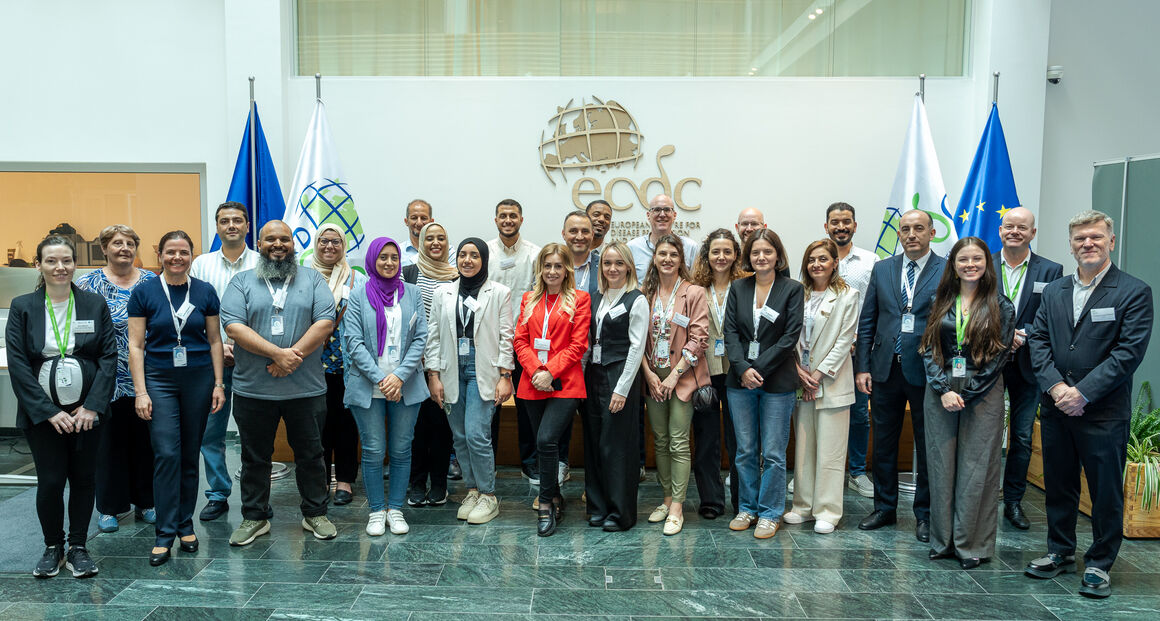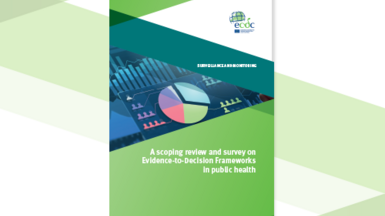EU health security workshop strengthens regional skills in evidence-based public health
From 16 to 19 June 2025, the European Centre for Disease Prevention and Control (ECDC) hosted a regional workshop in Stockholm on “Methods and Tools for Evidence-Based Public Health (EBPH),” as part of the EU Initiative on Health Security.
The training brought together public health professionals from across the EU’s Eastern and Southern Neighbourhood Policy partner countries, including Algeria, Egypt, Libya, Tunisia, Armenia, Azerbaijan, Georgia, and Moldova.
This capacity-building event aimed to enhance participants’ ability to apply evidence-based approaches in infectious disease epidemiology, prevention, and control. The course was designed for professionals involved in public health preparedness, response, and in the development of national guidance and recommendations.
The four-day programme combined lectures, case studies, and hands-on group work. Key focus areas included:

- Introduction to evidence-based public health and systematic reviews
- Framing effective public health questions and identifying reliable sources
- Use of artificial intelligence in evidence retrieval
- Critical appraisal and data synthesis methods
- Translating evidence into public health guidance and policy
Participants collaborated in group work, applying what they learned to practical real-life scenarios. The final day featured presentations of their work, along with discussions on lessons learned and application in their national contexts.
The workshop contributed to building a lasting foundation for evidence-informed public health across the region. By strengthening individual and institutional capacities, and fostering cross-border collaboration, the knowledge and skills gained are expected to support more effective preparedness and response efforts well into the future.
The workshop is part of ECDC’s broader mission under the EU Initiative on Health Security to support neighbouring partner countries in strengthening resilience and cooperation in responding to serious cross-border health threats.






